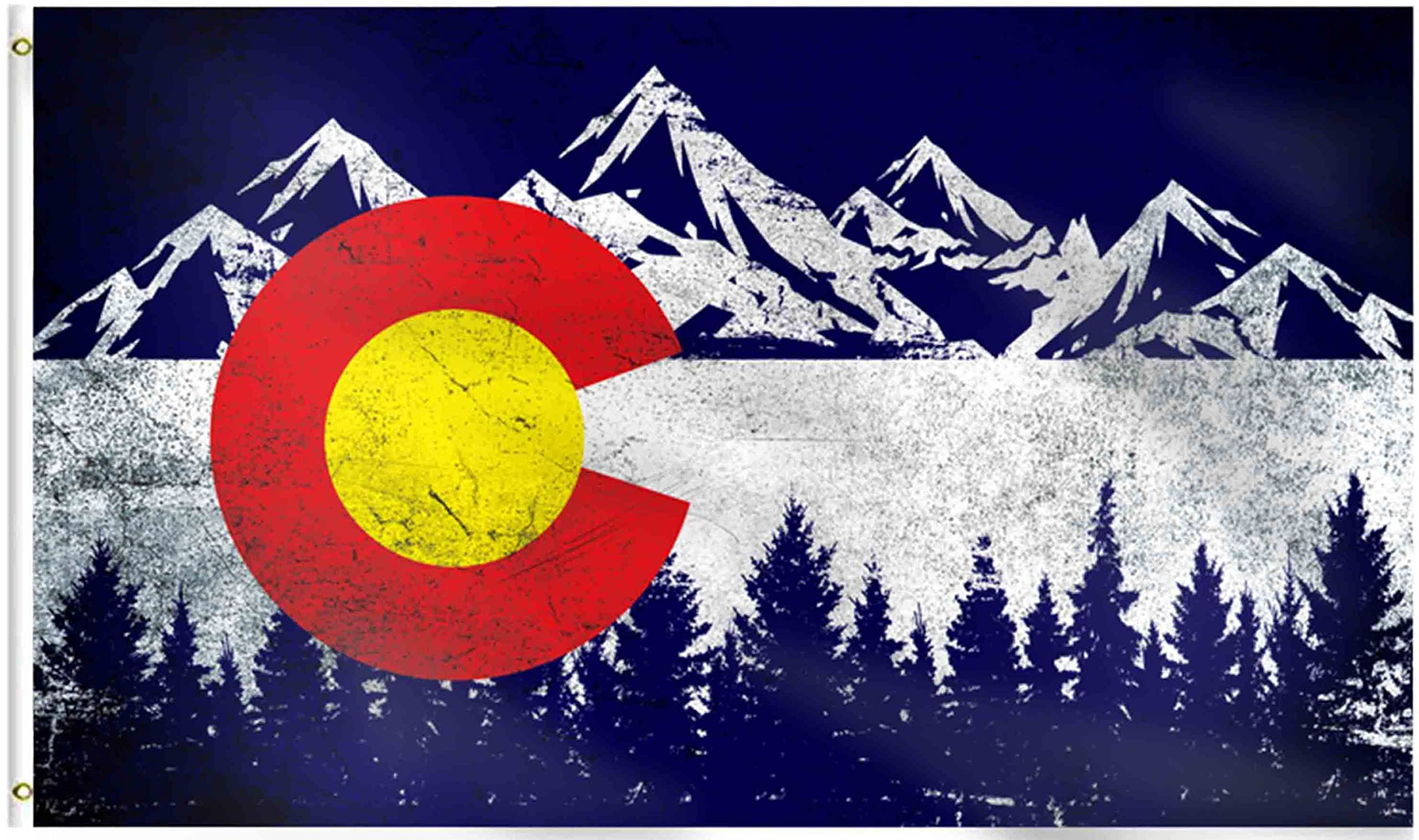

👁️👄👁️ 🫳🍿


👁️👄👁️ 🫳🍿
The text doesn’t matter if its not enforced, so no, not at the moment. Changing the text won’t help though if the people we elect to enforce the rules continue to do crime instead.


not beating the “fuck them kids” allegations

I’m using old.lemmy.world & Firefox.

Clicking on the title just opens a bigger picture than the one visible in the preview.
This is the URL that the title links to: https://fedia.io/media/bf/74/bf740f1fa0ab32bd7046f21371cf3c2c25827190a8031768aa58039fd766d42f.jpg
Note the “.jpg”

You’ve linked to a picture of a motocycle, not the article that the image was presumably from.


KSA has given up on trying to defeat the Houthis, and now wants to buy them with a promise of revenue sharing from the oil fields that were recently captured by UAE-backed STC.
KSA hopes they can reduce the frequency of attacks against their oil infrastructure and economic diversification mega-projects. They’re betting that the cost of the Houthi attacks that will still be launched against them, plus the cost of the bribes aimed at reducing the frequency of those attacks, will still be less expensive than a full ground invasion of Yemen.
Furthermore, KSA is racing against the global trend away from burning oil for energy. They need to diversify their economy while oil is still valuable, and a ground war would halt that progress because investors won’t want to put their eggs into an exploding basket.
So KSA is willing to act against members of their own anti-Houthi alliance in order to prevent a UAE-sponsored break-away state from metastasizing on their border - a break-away state that would control the oil revenue that KSA hoped would buy them a temporary reprieve during this fragile economic moment.


Its been done - link goes to a PDF of the study:
Patients with Dissociative Identity Disorder (DID) frequently report episodes of interidentity amnesia, that is amnesia for events experienced by other identities. The goal of the present experiment was to test the implicit transfer of trauma-related information between identities in DID. We hypothesized that whereas declarative information may transfer from one identity to another, the emotional connotation of the memory may be dissociated, especially in the case of negative, trauma-related emotional valence. An evaluative conditioning procedure was combined with an affective priming procedure, both performed by different identities. In the evaluative conditioning procedure, previously neutral stimuli come to refer to a negative or positive connotation. The affective priming procedure was used to test the transfer of this acquired valence to an identity reporting interidentity amnesia. Results indicated activation of stimulus valence in the affective priming task, that is transfer of emotional material between identities. r 2004 Elsevier Ltd. All rights reserved.
Never. I won’t buy a game until I’ve tried it. If no demo is available, I’ll pirate it first, and then buy it later if its good.
“fishy” = bacterial vaginosis
The common scent element in healthy cis women is “tangy”.
Estrogen causes the vaginal walls to secrete glycogen, which gets eaten by lactobacilli, which produce lactic acid.
Lack of tanginess can be caused by low estrogen levels. It tells us about your current endocrine ecology, not your gender identity.


Yeah, the chemistry of the medium changes over time to contain more metals. I wonder how much, or how fast the chemistry of the accretion disk changes too?


comms beep
Bridge: “Bridge to Jordi.”
comms beep
Jordi: “Jordi here, have you tried turning it off and on again?”


deleted by creator


Second person is when you play a healer.


Every once in a while, declare sausage. It confuses the hell out of your enemies.
–Rule of Acquisition #76
I was disappointed to find that Red Dead Redemption 2 is just a linear series of cutscenes without any real player agency - more graphic novel than game. I thought it was going to be Skyrim with guns when I bought it. Its the last game I’ll buy without demoing/pirating first.